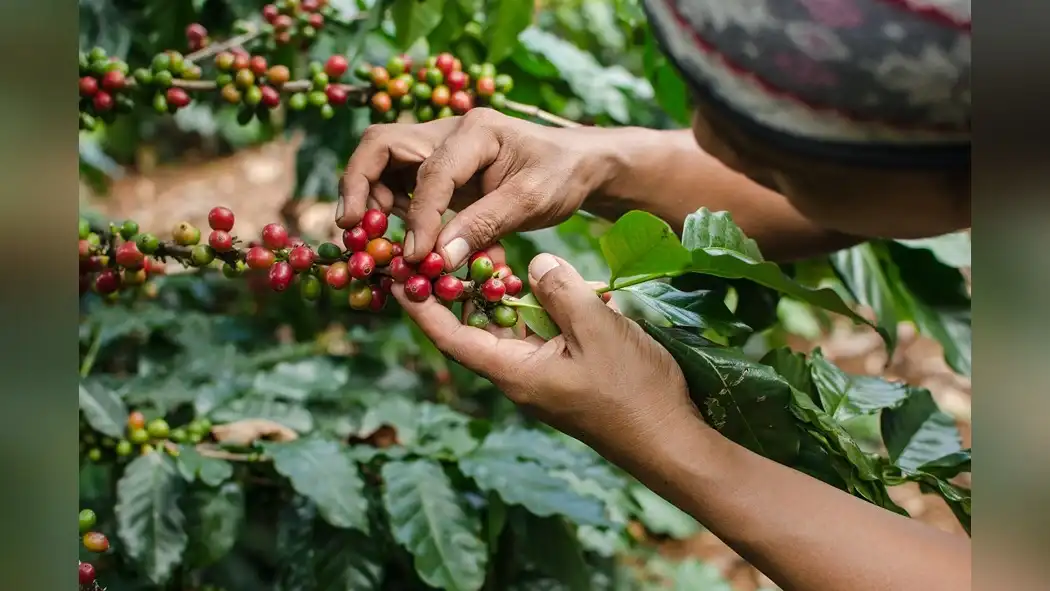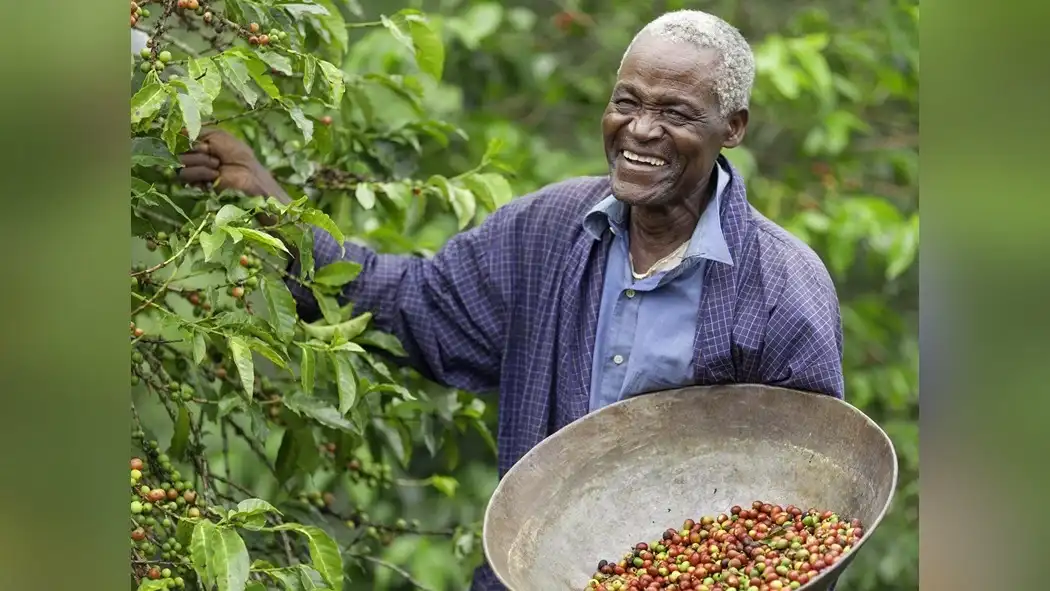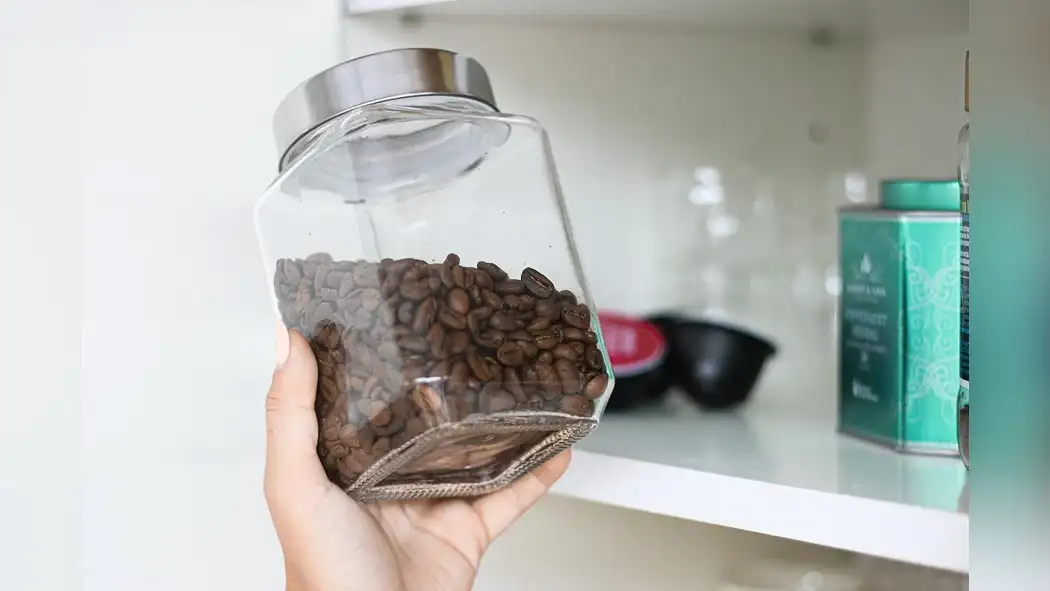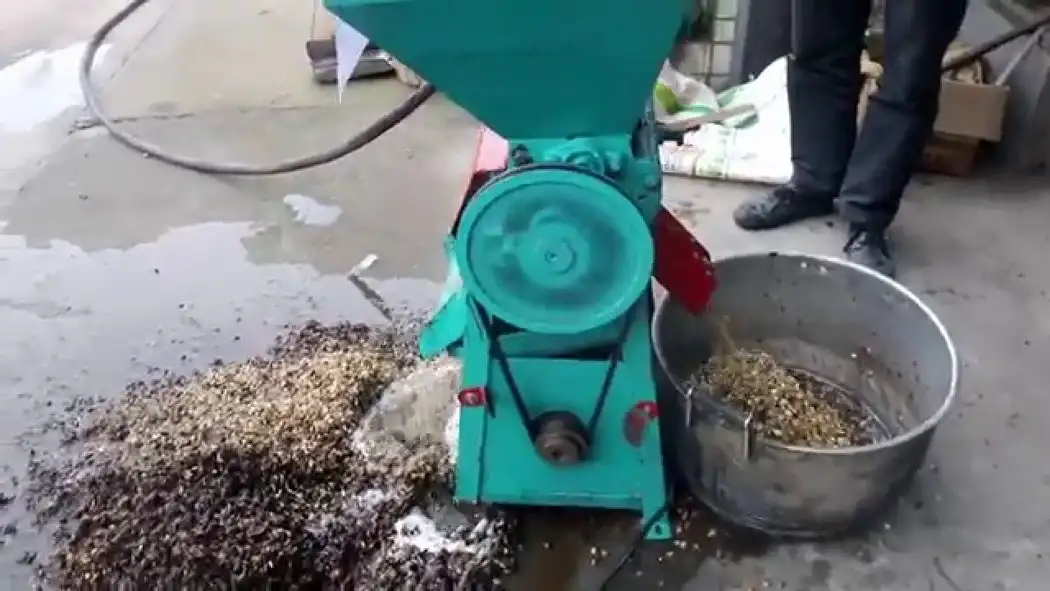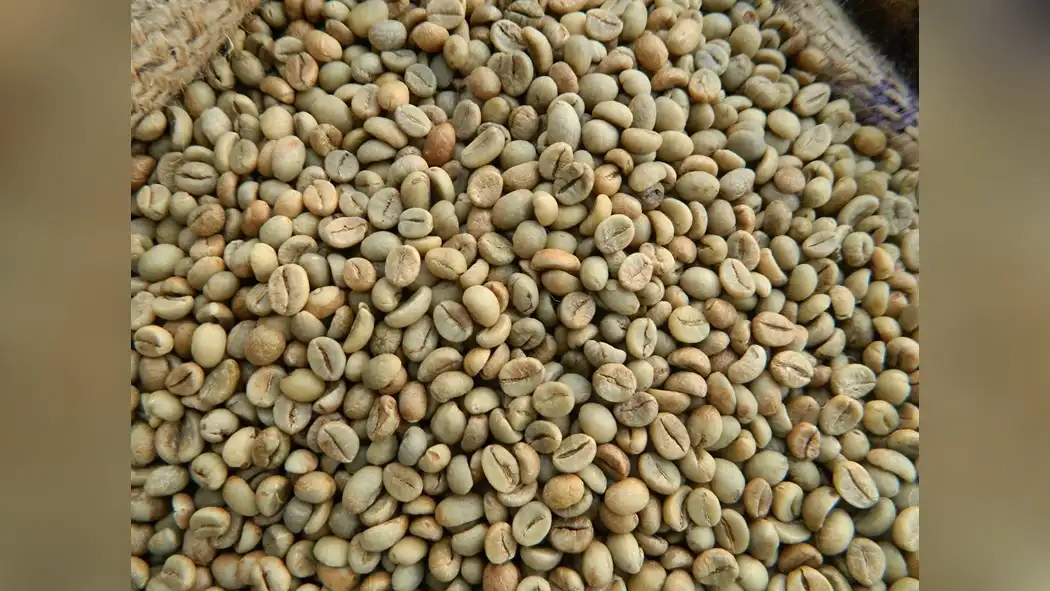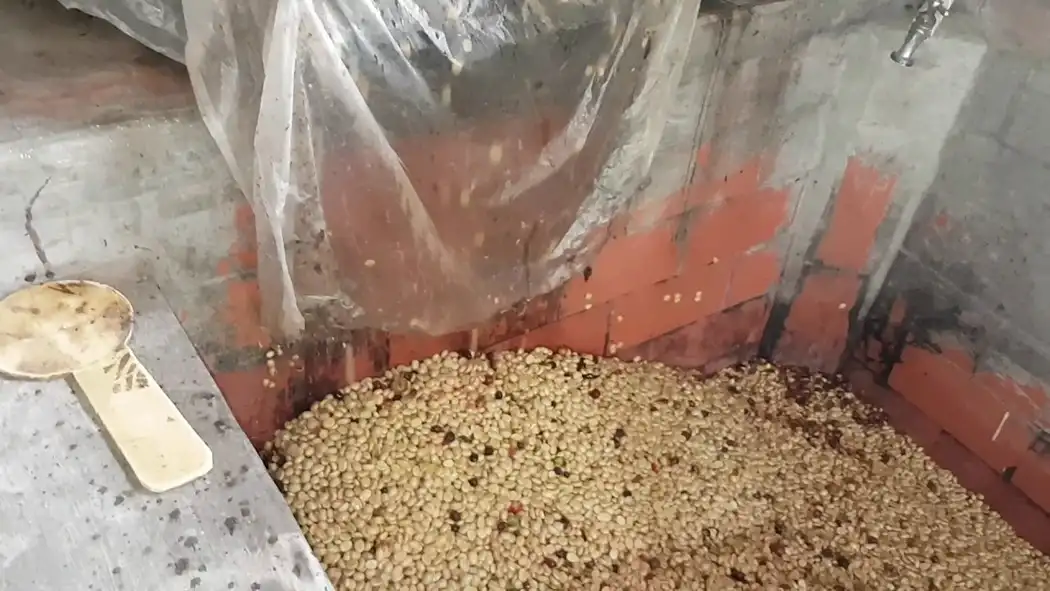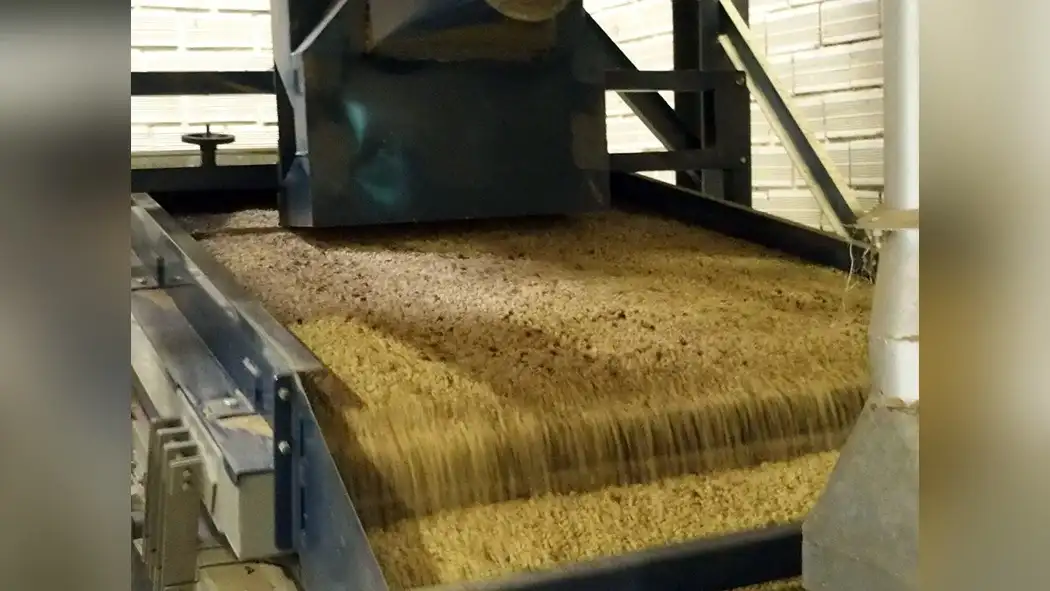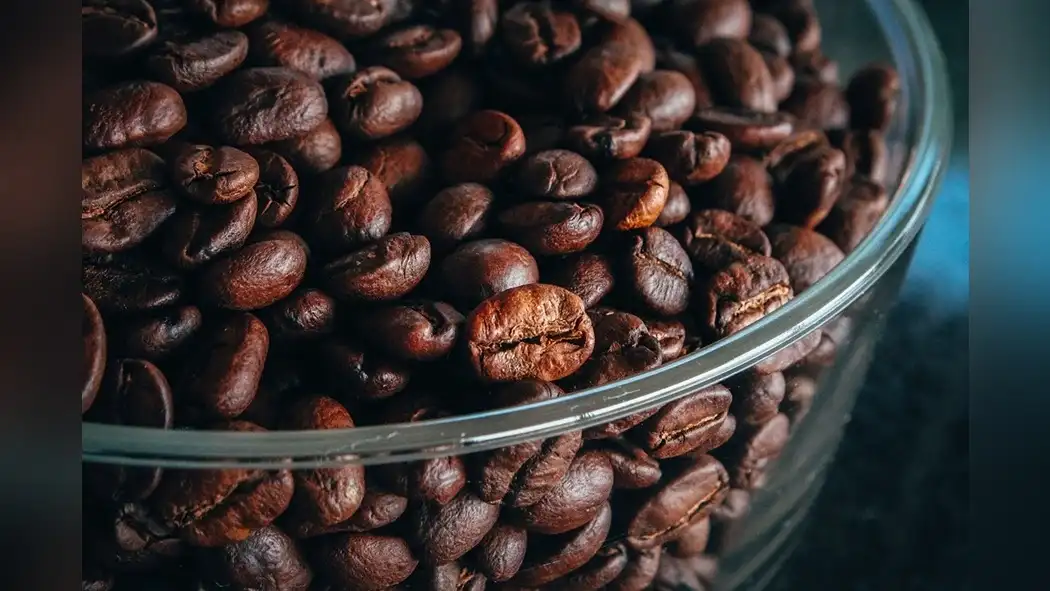Hey there!
Ever wondered how to make robusta coffee processing as eco-friendly as a lush, thriving garden?
In this quick read, we'll explore sustainable practices that not only benefit the environment but also enhance the quality of your coffee.
From mindful water usage to energy-efficient drying techniques, there are numerous eco-friendly methods that can be seamlessly integrated into robusta coffee processing.
By embracing these practices, you can contribute to biodiversity conservation, manage organic waste effectively, and minimize the environmental impact of pest control.
Get ready to discover how eco-friendly approaches can transform robusta coffee processing into a sustainable and environmentally conscious endeavor.
Let's dive in!
Sustainable Water Usage
When processing Robusta coffee, it's essential to implement sustainable water usage practices to minimize environmental impact and ensure long-term viability. Water conservation and sustainable irrigation are crucial aspects of this process. To achieve this, efficient filtration systems play a vital role in maintaining water quality and minimizing wastage.
By implementing advanced filtration systems, the water used in processing Robusta coffee can be recycled and reused, reducing overall water consumption and minimizing environmental impact.
In addition to filtration systems, sustainable irrigation and resource management are integral to conserving water. By utilizing water-efficient irrigation techniques and carefully managing water resources, the environmental impact of Robusta coffee processing can be significantly reduced. This not only benefits the environment but also ensures the long-term viability of coffee cultivation.
Organic Waste Management
You can manage organic waste in robusta coffee processing by implementing composting techniques and utilizing the waste to produce biogas.
Composting allows for the natural decomposition of organic waste, reducing the environmental impact and providing nutrient-rich material for soil.
Additionally, utilizing biogas from waste can contribute to sustainable energy production, further minimizing the ecological footprint of coffee processing.
Composting for Waste
To effectively manage organic waste in Robusta coffee processing, prioritize composting for waste disposal and environmental sustainability. Composting is a crucial practice that aids in waste reduction and soil enrichment, while also minimizing environmental impact. By recycling organic waste through composting, you not only reduce the amount of waste sent to landfills but also create nutrient-rich compost that can be used to enhance soil fertility. This sustainable practice aligns with eco-friendly principles and promotes a circular approach to waste management. Below is a table summarizing the benefits of composting for waste management in Robusta coffee processing:
| Benefits of Composting | Description |
|---|---|
| Soil Enrichment | Nutrient-rich compost enhances soil fertility. |
| Waste Reduction | Reduces the amount of organic waste sent to landfills. |
| Environmental Impact | Minimizes the environmental footprint of waste disposal. |
Biogas From Waste
Continuing our sustainable waste management practices, consider harnessing biogas from organic waste in Robusta coffee processing for energy generation and environmental benefits. By implementing biogas production, you can significantly contribute to waste reduction and the generation of renewable energy.
Here's why biogas from waste is a game-changer:
- Waste Reduction: Organic waste from coffee processing can be converted into biogas, reducing the environmental impact and promoting a circular economy.
- Renewable Energy: Biogas serves as a renewable energy source, providing a sustainable alternative to fossil fuels and reducing the carbon footprint of coffee processing.
- Environmental Benefits: Utilizing biogas helps in mitigating greenhouse gas emissions and contributes to a cleaner, healthier environment.
- Cost-Efficient: Biogas production can lead to cost savings on energy expenses while effectively managing organic waste.
- Sustainable Practices: Implementing biogas technology aligns with sustainable development goals and demonstrates a commitment to eco-friendly practices.
Energy-Efficient Drying Techniques
Implementing energy-efficient drying techniques can significantly reduce the environmental impact of Robusta coffee processing. Solar drying is a sustainable method that utilizes solar energy to dry coffee beans. This technique involves spreading the beans in thin layers on drying racks under the sun, allowing them to dry naturally without the use of electricity or fossil fuels. Solar drying not only reduces energy consumption but also helps to preserve the flavors and aromas of the coffee beans.
Another energy-efficient drying technique is biomass heating, which involves using organic materials such as coffee husks or dried organic matter as a source of heat for the drying process. By utilizing biomass as a renewable energy source, coffee processors can reduce their reliance on non-renewable fuels and lower their carbon footprint.
These energy-efficient drying techniques not only contribute to environmental sustainability but also offer economic benefits by reducing energy costs. By incorporating solar drying and biomass heating into Robusta coffee processing, you can play a crucial role in promoting eco-friendly practices while maintaining the quality of the coffee beans.
Low-Impact Pest Control
When it comes to low-impact pest control in robusta coffee processing, there are two effective methods to consider: introducing natural predators and implementing integrated pest management techniques.
By inviting beneficial insects into the coffee plantation, you can effectively reduce the population of harmful pests without resorting to chemical interventions. This approach relies on creating a favorable environment for these natural predators, such as ladybugs or parasitic wasps, which can help control pests like aphids or caterpillars.
In addition to introducing natural predators, another approach is to implement integrated pest management (IPM) techniques. This method allows you to address pest issues in a holistic and environmentally friendly manner. It involves a combination of cultural practices, biological controls, and targeted chemical interventions, if necessary. The goal of IPM is to minimize the use of pesticides while still effectively managing pest populations.
Both introducing natural predators and implementing integrated pest management techniques are reliable low-impact approaches to pest control in robusta coffee processing. These methods not only help protect the coffee plants from harmful pests but also contribute to the overall sustainability and environmental health of the coffee plantation.
Natural Predator Introduction
You can introduce natural predators as a low-impact pest control method to promote sustainability in Robusta coffee processing. Utilizing biological pest control through the introduction of beneficial insects can significantly reduce the need for chemical pesticides, leading to a more eco-friendly and sustainable approach to pest management.
Consider the following benefits of introducing natural predators:
- Enhanced pest control without harming the environment
- Reduction in chemical pesticide usage
- Preservation of natural ecosystems
- Prevention of pest resistance to chemical pesticides
- Cost-effective long-term pest management solution
Integrated Pest Management
Utilizing integrated pest management fosters sustainability and minimizes environmental impact in Robusta coffee processing. By implementing low-impact pest control methods, such as biological control and pest resistance, you can effectively manage pests while reducing the need for harmful chemical pesticides. Take a look at the table below to see how integrated pest management techniques contribute to sustainable coffee processing.
| Pest Management Technique | Description | Benefits |
|---|---|---|
| Biological Control | Introducing natural predators or parasites to control pest populations. | Reduces reliance on chemical pesticides and preserves the natural ecosystem. |
| Pest Resistance | Developing coffee plants with natural resistance to pests. | Decreases the need for pesticide application and promotes long-term pest management. |
Biodiversity Conservation
To conserve biodiversity in Robusta coffee processing, it's essential to implement sustainable farming practices that support the natural ecosystem. This involves prioritizing biodiversity monitoring to understand the existing flora and fauna and to identify any potential threats to the ecosystem.
Additionally, habitat restoration is crucial for ensuring that the natural environment is conducive to supporting diverse species. Here are some key practices to consider for biodiversity conservation:
- Agroforestry: Integrate shade trees into coffee farms to create diverse habitats for wildlife and support ecological balance.
- Natural pest control: Encourage the presence of natural predators and beneficial insects to control pest populations without harming the ecosystem.
- Soil conservation: Implement soil management techniques to prevent erosion and maintain soil fertility, supporting a healthy environment for diverse plant species.
- Water conservation: Employ water-efficient irrigation methods to preserve water resources and maintain a suitable habitat for aquatic organisms.
- Wildlife corridors: Establish connectivity between natural habitats to facilitate the movement of wildlife and promote genetic diversity within species.
Eco-Friendly Packaging Solutions
When considering eco-friendly packaging solutions for Robusta coffee, opting for compostable materials is a sustainable choice that minimizes environmental impact. Compostable materials break down into natural elements, leaving minimal waste and reducing the burden on landfills.
Choosing packaging made from recyclable materials further promotes sustainability by encouraging the reuse of resources. This not only minimizes the use of raw materials but also reduces energy consumption and greenhouse gas emissions associated with manufacturing processes.
Biodegradable packaging sourced from sustainable materials aligns with eco-friendly practices. These materials are derived from renewable resources, such as plant-based plastics or recycled paper, and can naturally decompose without leaving harmful residues. By utilizing biodegradable packaging, you contribute to the conservation of resources and the protection of ecosystems.
Incorporating eco-friendly packaging solutions in Robusta coffee processing supports sustainable practices from production to consumption. By prioritizing compostable and recyclable materials, you can significantly reduce the environmental impact of packaging waste while promoting the responsible use of resources.
Conclusion
In conclusion, by implementing eco-friendly practices in robusta coffee processing, you can ensure a sustainable future for the industry. Remember, 'waste not, want not.'
Embracing sustainable water usage, organic waste management, energy-efficient drying techniques, low-impact pest control, biodiversity conservation, and eco-friendly packaging solutions won't only benefit the environment but also lead to a better quality product.
So, make the change today and reap the rewards tomorrow.

